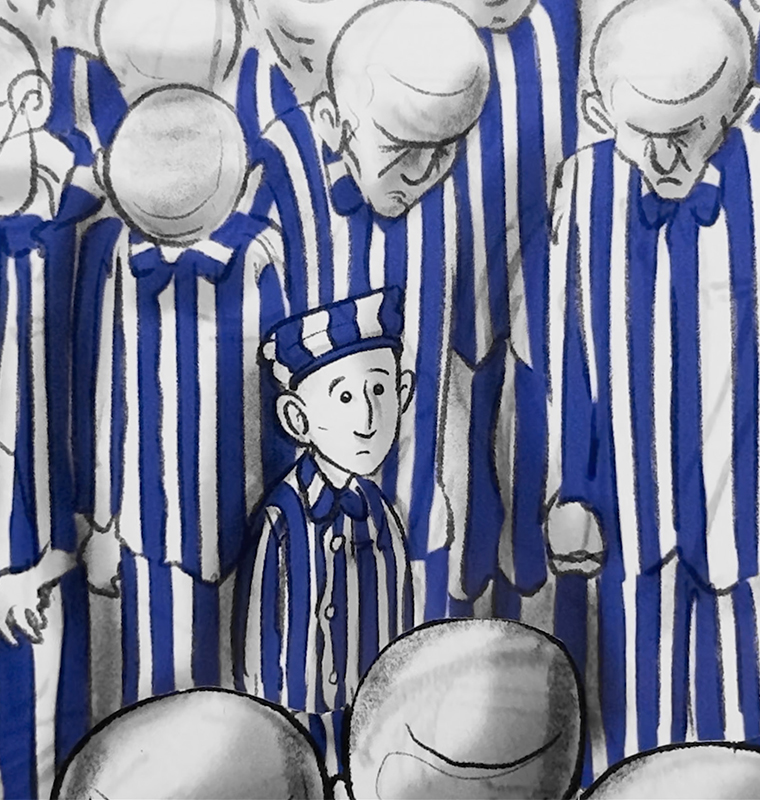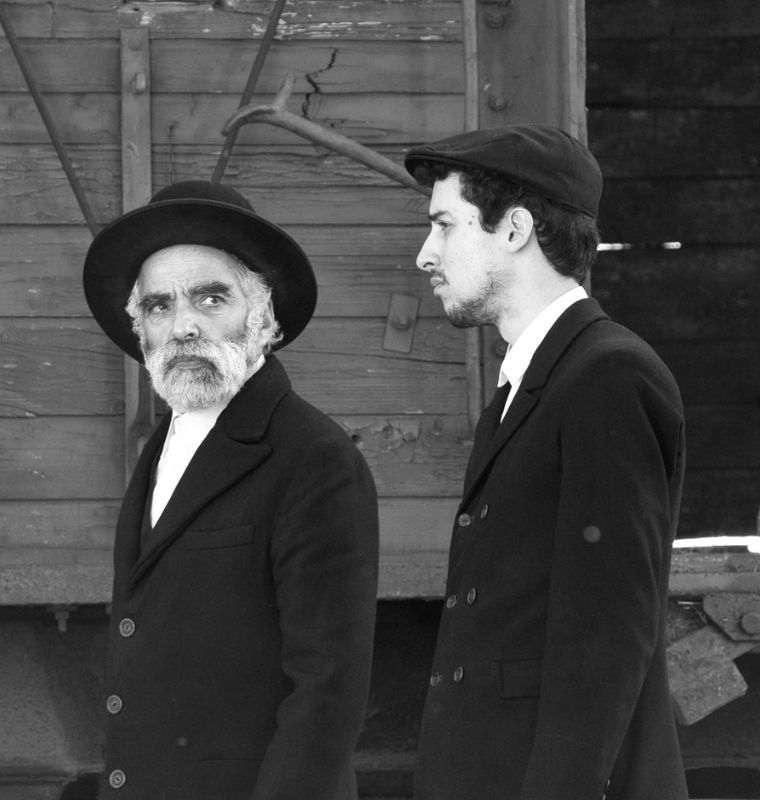Gett: The Trial of Viviane Amsalem | Summer Film Series
Drama | 96 minutes | Israel, Hebrew
Ahead of its time, yet natively authentic; sparse yet magnetic; A feminist breakdown of traditions constricted by society’s rules — Ronit Elkabetz and her Viviane Amsalem trilogy bind these stark contrasts together, producing one of Israeli cinema’s most acclaimed films in the process.
To this day, Ronit Elkabetz — who passed away in 2016 after a short bout with cancer — is considered one of international cinema’s most electrifying actresses. It’s easy to see why in the final movie of her trilogy, Gett: The Trial of Viviane Amsalem.
This 2015 Golden Globe nominee is a satisfying watch for lovers of artfully shot dramas mixed with gripping social commentary.
Ronit Elkabetz Soars as Star, Co-Director, and Co-Writer
The courtroom drama follows the titular Viviane (Elkabetz) as she spends five years in a frustrating, prolonged procedure to obtain a “gett” — a divorce under Jewish religious law from her vindictive husband Elisha (Simon Abkarian). Although the third film in a trilogy — following To Take a Wife (2004) and Shiva (2008) — Gett can be watched as a stand-alone movie, as it slowly unravels the layers of Viviane’s frustrating fight for a better life, free from her marital shackles.
The lead actress who also co-directed and co-wrote the film with her brother Shlomi Elkabetz, brings a powerful authenticity to the film. As she mentions in a Newsweek article, "This was a story of our mother…In my childhood I always felt my mother’s very strong will for something better in her life."

Her Viviane, although sparse in dialogue, casts a commanding presence whenever she is on screen, demanding the audience to study her striking, detailed expressions as she hears time and time again that her husband has refused to appear in front of the court and that she has no grounds to ask for such a divorce.
Variety’s Jay Weissberg notes in his Cannes Festival review of the film that, “The beautifully modulated script, ripe with moments of liberating humor, builds to a crescendo of indignation,
allowing Elkabetz several cathartic outbursts, but they’re no more riveting than the actress’ silences.”
Gett’s costuming also aids in expressing Viviane’s frustration as the film progresses, with her dawning less modest red tops and painted nails, subtly protesting what Daniel Barnes from the Sacramento News & Review calls the “the torturous, borderline Kafkaesque procedure that one woman takes to obtain a religious divorce in Israel.”
Calling for Change

Taking place almost entirely in the lobby and courtroom of a rabbinical court, the film’s unchanging location stresses Viviane’s inability to gain freedom from her loveless marriage. Together with prolonged, full-frontal close-ups reminiscent of Robert Bresson’s The Trial of Joan of Arc (1962), the Elkabetz duo use every tool in the cinematic arsenal to challenge the system which bind Viviane — and in fact, their mother and thousands of other Jewish women — in place.
The result is a lasting testimony to Ronit Elkabetz’s status as one of Israel’s most revered cinematic talents, unrivaled before or since.
Gett: The Trial of Vivianne Amsalem is now streaming on ChaiFlicks in the U.S. as part of the inaugural Summer Film Series.



